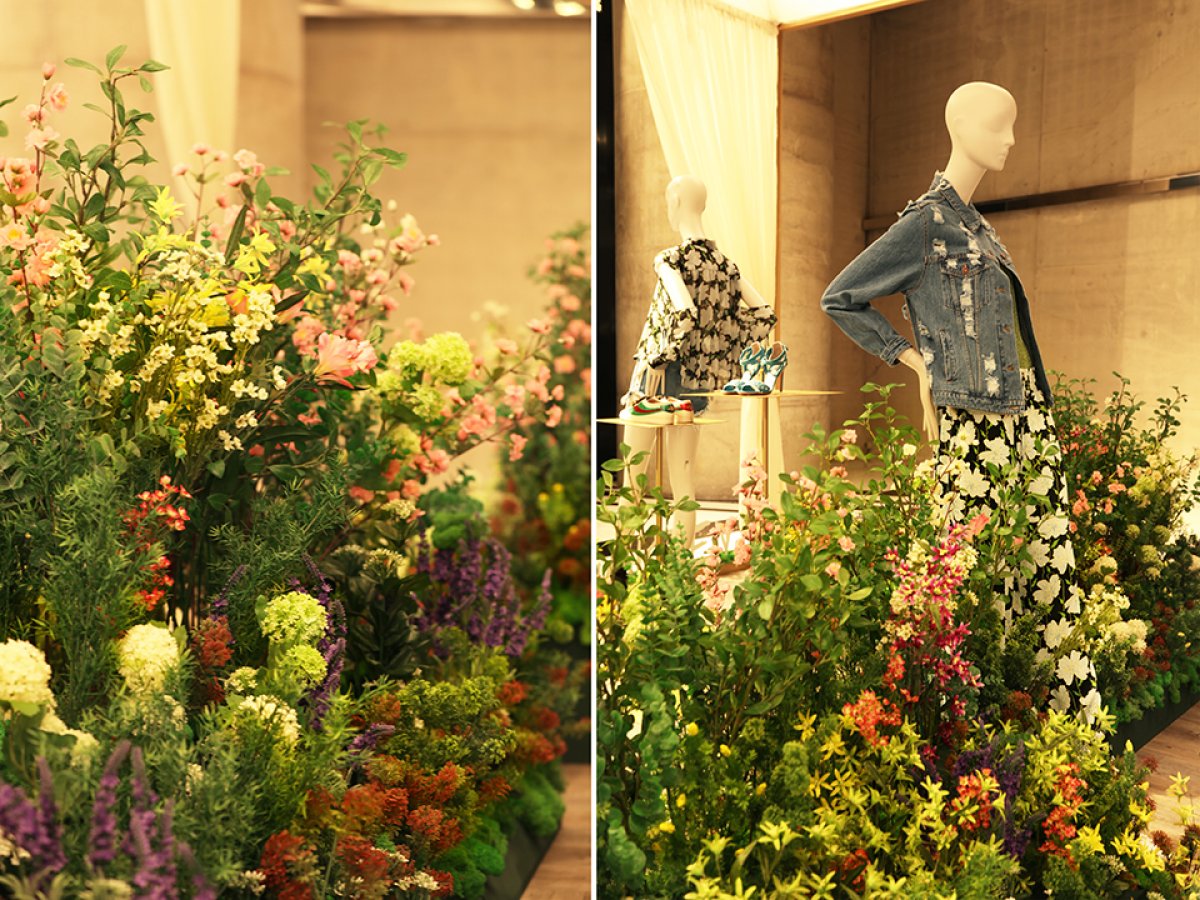Ethical Fashion: How does Ethic meet Fashion?
07 Gennaio 2019

What is the first thing that comes to your mind when you hear the words “Ethical Fashion”?
Does it have something to do with the sustainability commitment of a given Company, isn’t it?
Well, the most popular and instinctive association has clearly to do with the sustainable denotation of what “Ethical Fashion” represents, assumption that leads us to list as “Ethical Fashion Companies” those who are engaged in guarantee a safe, respectful and responsible production with due regard for what populates our earth, which is people, animals and environment.
Some examples of virtuous companies?
Stella McCartney is at the forefront when it comes to talk about respectful and responsible production. The brand’s mission speaks clear: Sustainability first.
Conscious of the amount of wasted and intoxicated water, the damages of dioxide emissions and the large use of pesticides to grow cotton seeds, the Fashion production entails, Stella McCartney stands for an alternative and sustainable way to produce Fashion, that aims to use: organic chemicals-free cotton, vegetarian leather, fur-free-fur, recycle of synthetic materials and more.
Slowear is another good example of sustainable brand. The Italian based Company is fully aware of his social and environmental responsibilities, and that’s why, among other things, Slowear is committed to produce long lasting garments able to counter the idea of ephemeral fashion and the excessive consumerism that every year condemn an impressive quantity of discarded garments to landfill.
The list goes on with other brands such as: VAUTE, Cienne, Reformation and more.
This kind of commitment is almost certainly the strongest materialization of “Ethical Fashion”: Brands that put their ethic values straight to the base of everything they do and every relationship they have.
But there’s more. The connection between Ethic and Fashion does not end here.
It’s a fact how nowadays more and more Brands are embracing civic, cultural or environmental causes by establishing Foundations and supporting charity organizations.
Diane Von Furstenberg and her family founded “The Diller – Von Furstenberg Family Foundation” to promote various non-profit organizations operating in Education, Human Rights, Arts, Health, Environment and more, including “Vital Voices” (to empower women) and “International Rescue Committee” (to help refugees).
Or Burberry, that with its “Burberry Foundation” works to build a better and sustainable innovation driven future by partnering with a lot of organizations such as The Royal College of Art, Oxfam Italy, Oxfam Afghanistan and Pur Project.
Finally, other interesting circumstances where Fashion works as a vehicle for Ethical Values to come to life is represented by the attempt to bring into the production process people who are living in less fortunate circumstances, with the hope to give them a better future.
Vivienne Westwood, godmother and precursor of this genre of commitment, has been working with “Ethical Fashion Project” (a program of the International Trade Center) for more than ten years to produce handmade pieces with recycled materials by African artisans.
The goal of this lucky partnership, that among other things started two brilliant collections named “Ethical Fashion Africa Project” and “Handmade with Love in Africa”, is to address poverty by creating value and by giving people a real work, so they can have back the control over their lives.
Kate Spade sub-label called “On Purpose” and the “Africaba” project by Christian Laboutin in collaboration with La Maisone Rose are successful examples of that.
In both cases local women, from Abahizi Rwanda and Dakar respectively, are involved in the production chain: the most usual donations are here replaced by education and mastery of craft, which means inexhaustible long term sources and emancipation.
If that was how Companies aims to use Fashion to materialize their Ethic beliefs, on the other hand there are consumers that, if sharing the same values and stances, are willing to buy products that support and reflect those causes they really care about.
What does “Ethical Fashion” mean to us?
It’s every single moment Fashion serves as a vessel for Ethic come to life, which is exactly what led us to embrace and support, with Indica, the “EcoLogiCool” project for Aïzone.
What’s the idea behind “EcoLogiCool”?
It’s an alternative system to produce sustainable windows display concepts, which pay a lot of attention to the emissions of Co2 generated through the whole production of the project, from the design of the work to the disposal of materials. Moreover, the level of non-reducible emissions is compensated by supporting projects regarding the production on renewable energies or reforestation.
IF YOU WANT TO KNOW MORE ABOUT US AND OUR PROJECTS, FOLLOW THE LINK BELOW TO VISIT OUR WEBSITE.